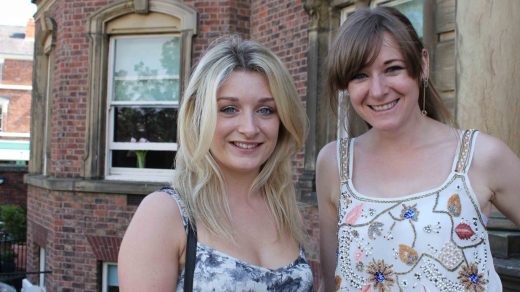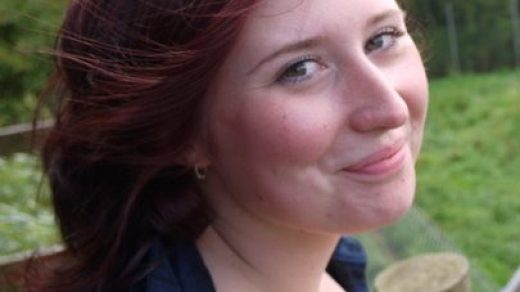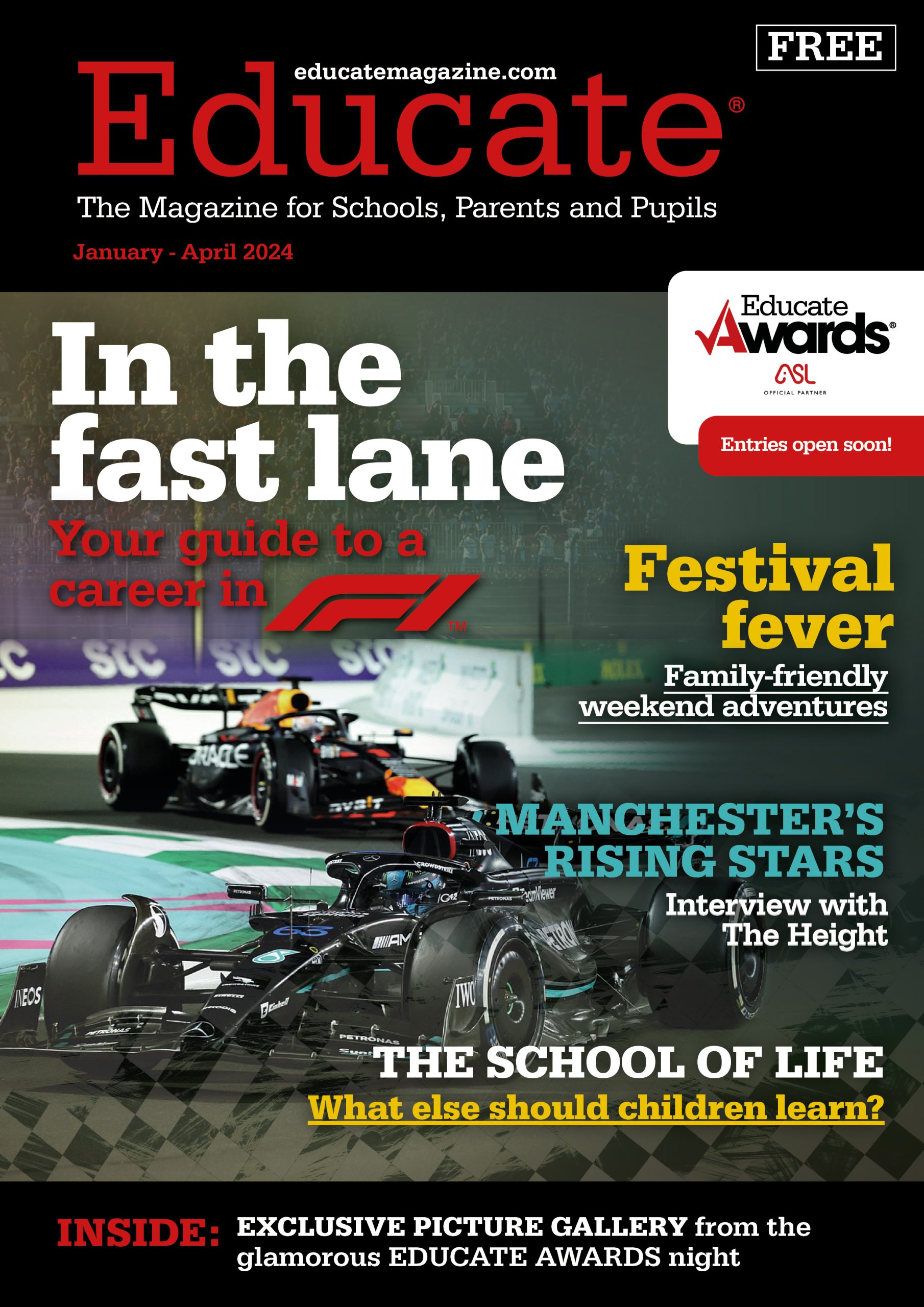Reading as a route out of poverty

According to Save the Children, almost half of pupils who are eligible for free school meals are not able to read well by the age of eleven. Poor literacy is one of the strongest contributing factors to unemployment in the UK, revealing that limited reading in childhood has a negative impact on adult life. It acts as an intergenerational disadvantage and perpetuates the cycle of poverty for families from lower socio-economic backgrounds.
So what can be done to change it?
Any attempt to raise literacy levels needs to promote reading as a pleasurable experience something a child should want to do, rather than have to. Studies have shown that there is a strong link between reading for pleasure and cognitive development, which not only positively impacts on progress made in vocabulary and spelling but also in maths. Thus, children who read for pleasure are more likely to do significantly better at school than those who do not.
There are many excellent global, national and local campaigns created with the aim of using literacy to narrow the existing achievement gap between children from affluent and deprived backgrounds. Supported by research, these campaigns are fired by a belief that developing a love of reading can be more important to a child’s educational success than their parent’s socio-economic backgrounds.
On 5 March 2015, millions of children celebrated World Book Day – a global event that highlights the value of literature. Both primary and secondary schools across the UK embraced the celebrations and showcased reading as a pleasurable and rewarding experience. Social media feeds exploded with colourful images of children and teachers dressed up as their favourite fictional characters and 14 million book tokens were given to children nationwide.
Whilst World Book Day has become a highlight of the academic year, it is the daily efforts made by schools that are truly making an impact.
In September 2014, The District C.E Primary school, in St Helens, embarked on a Year of Reading. Proudly declaring their aim to ‘utterly drench the pupils in reading’, teachers have been spending the academic year cultivating an attitude of reading for pleasure, in a bid to improve both reading and writing skills in the school.
The Year of Reading has its very own motto – ‘District Reader, Lifetime Achiever’ – and children are encouraged to say the motto and understand its meaning. Each month is packed with opportunities to read and to have fun with it, including book competitions, bedtime reading schemes, visits from authors and book buddy bunnies.
Reading has literally become part of the school too. As well as outdoor ‘book stops’ and ‚ ‘book benches’ the school now has ‘story steps’: each stair has been painted to look like the spine of a book!
Teachers at The District C.E share J.K Rowling’s belief that ‘if you don’t like to read, you haven’t found the right book’.
“I passionately believe in building a love of reading in all children,’ says Heather Wright, teacher and champion for the Year of Reading. “This is why I have championed my “zero snobbery” approach to the Year of Reading project. There is a book (or newspaper, or comic, or sports programme) for everyone. As teachers and parents, it’s our job to match up children with a book. If it takes a film to get their interest, if it takes baking cakes to get their interest, if it takes robots, nail polish, rugby or dinosaurs, who cares? We’ve got them into books!”
This liberal approach proves particularly useful when engaging boys with reading. In terms of literacy, the attainment gap between boys and girls in the UK is one of the widest in the developed world, leaving boys from low income families most likely to fall behind.
The Premier League Reading Stars is a campaign set up in conjunction with the National Literacy Trust. Available to all children, but targeted at boys, this scheme captures the motivational power of football and uses it to inspire young people to read.
The scheme comprises lesson resources and a series of online videos featuring footballers who act as reading role models for the many children who already view them as idols. It is used as an intervention resource across both primary and secondary syllabuses; in years 5 and 6, it aims to help children who are struggling to reach the expected level of literacy and in years 7 and 8, it supports those who did not achieve a 4b at the end of key stage two.
Many schools in the region have benefited from Premier League Reading Stars, including Halewood Academy in Knowsley. Over the water in Wirral, pupils from Woodchurch High School have welcomed footballers (one of whom was an ex pupil) from Tranmere Rovers FC into the school to help them read.
Whilst local schools are benefiting from national campaigns, there are also a number of quality regional movements inspiring a generation of disengaged readers. The Reader Organisation is a charitable social enterprise that works primarily in Merseyside to connect people of all ages to literature.
In recognising the link between poor literacy and poverty, The Reader Organisation focuses on engaging the most vulnerable and hard-toreach children and young people in the region. The campaign delivers shared reading groups and individual sessions where everything is read aloud in a relaxed, informal environment. Participants are invited to share their personal responses to the stories and poems, with no expectation of a ‘right’ answer. These sessions make reading an enjoyable experience, building the confidence, self-esteem and reading ability of young people.
The Reader Organisation acts as a delivery partner for City of Readers – a mission to transform Liverpool into the UK’s foremost reading city. The cornerstone of this ambition is for all children to leave primary school as able readers.
“Reading simply for enjoyment is so important to a child’s development and a wonderful activity to share with others” says Dr Jane Davies, director of City of Readers. “We need everyone in Liverpool to act as role models for our children, reading at home, reading in schools and reading in the community.”
City of Readers works with its partners to deliver innovative reading opportunities to schools. One example would be through a ‚’reader in residence’: somebody who works within a school and instils a culture of reading for pleasure amongst pupils and teachers alike.
The Magical Roadshow provides fun and engaging one hour reading sessions for parents and toddlers. This gives parents and practitioners the opportunity to engage in shared reading for pleasure and to model the skills and principles of reading with children in a safe, open environment. Early engagement with literacy for both parents and children is vital, particularly for parents who have not developed a love of literature themselves.
“We are fully aware that reading for pleasure has the power to break entrenched educational underachievement from generation to generation as it in itself is transformative in terms of educational outcomes,” says Dr Davies.
Whitefield Primary School in Everton is a shining example of the efforts being made by schools to encourage both pupils and parents to read. As an urban school where the proportion of children eligible for pupil premium is much higher than average, the children at Whitefield would statistically be expected to have a lower level of literacy. However, the fact that pupils leave with an above average level in both literacy and numeracy is testament to the school’s commitment to putting reading at its heart.
Every classroom at Whitefield has its own ‘reading den‚’ – a place for children to gather and experience the pleasure of reading. The school even has its own dedicated reading blog where children can be seen demonstrating their love of books online.
Whitefield’s enthusiasm for reading extends beyond the classroom and into the community. To involve parents and carers, the school hosts a range of reading groups: The Reading Rocks cafe is open to the whole family, Take a Break is solely for adults and Fab Dads and Grandads is a fantastic scheme encouraging men to read to their children. Whilst children are still the focus, engaging parents is vital in fostering a culture of reading both in and out of the school environment.
Another exciting community focused reading project is Gateacre School’s BIG Little Library – a joint venture between Gateacre School and Belle Vale shopping centre. The BIG Little Library opened its doors on World Book Day for a period of three months. With an ethos of ‚’take a book, return a book, donate a book’, the pop up library provides a gathering space where people of all ages and different backgrounds can share their favourite stories.
Since it opened, numerous creative activities have taken place in the library in an effort to make it a fun educational centre attracting both primary and secondary pupils and parents. From a staged robbery and CSI investigations to afternoons spent craft making in the cosy corner, the BIG Little Library does more than it says on the tin: it’s a community hub catering for people of all ages and interests.
“Our customers range from the very young to the old,” says Lisa Mitchell, specialist school’s community co-ordinator. “We also get many customers with learning difficulties who love the shop because it has a very relaxed atmosphere and they don’t feel intimidated or ashamed to ask for a book that you wouldn’t associate with them. A number of customers have revealed that their reading ability isn’t the best but that they’re using the library to help them, as it’s free.”
Gayle Threadgill, a teacher at Norman Pannell Primary in Netherley, says the BIG Little Library has had a huge impact on both parents and children in our school. “We have enjoyed the workshops immensely and it has promoted enjoyment in reading for both our children and parents,” she says.
The delivery of workshops by students from Gateacre School has been invaluable, not only for visiting primary schools but also for the pupils themselves; in turn, it helps with their own reading as well as discovering new authors and titles. Whilst garnering a love of reading at primary level is most crucial, it is very important that this engagement continues once children enter secondary education – ensuring that they read for pleasure and not just for homework.
It was Dr Seuss who wrote, “the more that you read the more things you will know, the more that you learn the more places you will go.” In his trademark rhyme, the much loved children’s author points to the link between
reading, learning and mobility. Schools, with the support of local and national campaigns, are working harder than ever before to ensure that, regardless of background, every child has an equal chance of success. A quality education can provide one of the best routes out of poverty for children in the UK, and reading is the best place to start.




